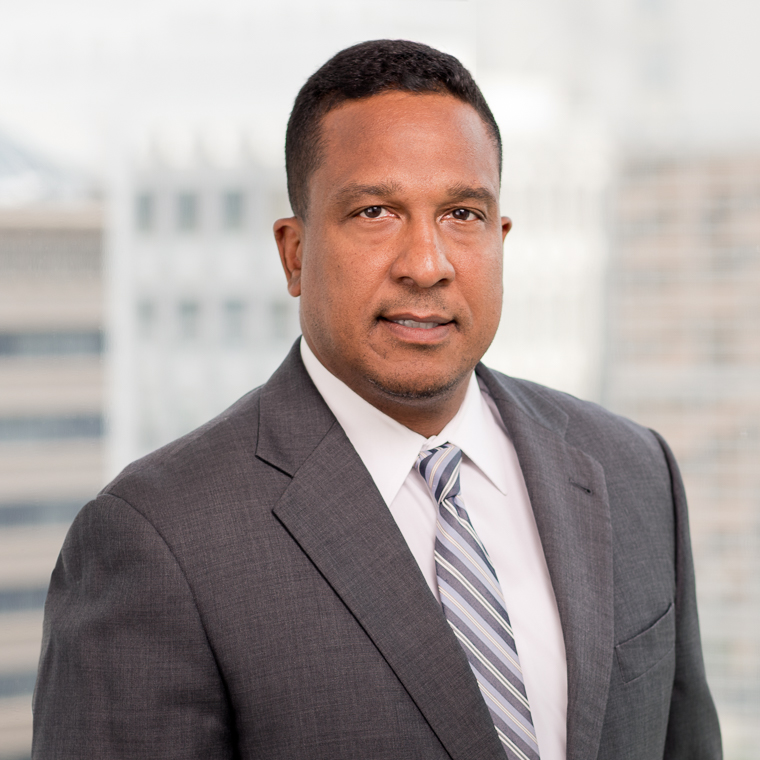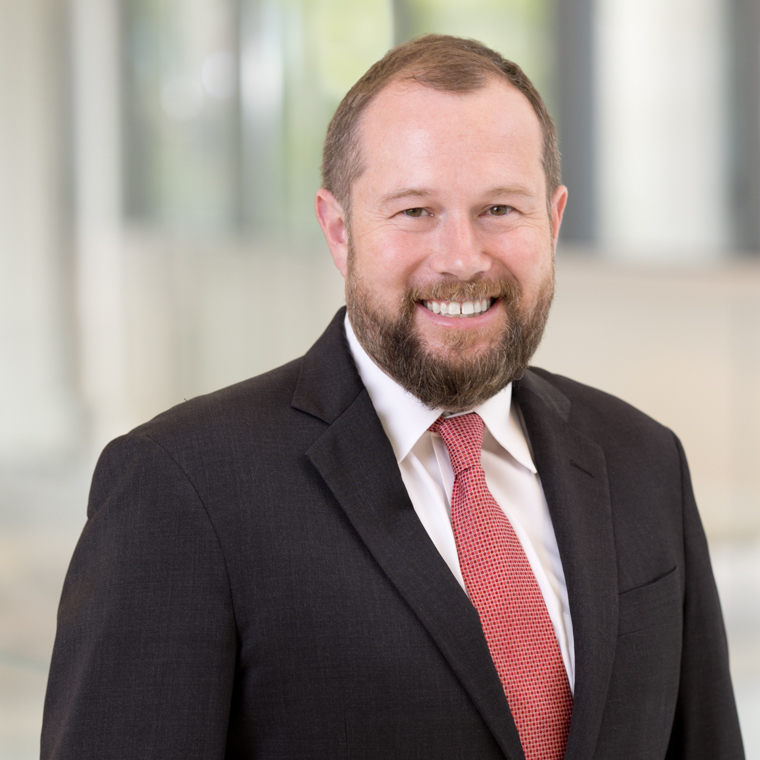Recovery Act Provides Incentives for Increased SBA Lending and Funding for Enhanced Lender Oversight
Authors
While the Recovery Act provisions are designed to unlock credit markets and jumpstart economic recovery for the small business sector, they also include new regulatory restrictions and increased funding for oversight and auditing. This expansion in SBA lending comes at the same time Congress is harshly criticizing the SBA for failing to detect fraud in its programs. Lenders seeking to take advantage of the Recovery Act's new incentives should remain aware that the SBA's Office of Inspector General—flush with new funding to step up its oversight—plans to focus its efforts on fast-tracked audits for lender fraud and is aggressively working with US Attorneys to pursue civil and criminal cases against lenders, their employees and their brokers.
Recovery Act Temporarily Eliminates Fees and Increases Loan Guarantees
On February 17, 2009, President Obama signed the Recovery Act with the goal of creating or saving more than 3.5 million jobs over the next two years. The Act provides $730 million to the SBA to make changes to the agency's lending and investment programs. Most notably, the Act provides $375 million for the temporary elimination of fees on SBA-guaranteed loans and increased SBA guarantee percentages of up to 90 percent on certain loans.
Section 501 of the Act authorizes the SBA to reduce or eliminate certain fees on 7(a) loans. The SBA has announced that it is temporarily eliminating upfront guarantee fees, typically between 2 and 3.75 percent, see 15 U.S.C. § 636(a)(18)(A), for all eligible 7(a) loans approved after the date of the Act, including the refund of fees paid before the SBA's decision to eliminate the fees. The SBA expects that it will be able to eliminate upfront guarantee fees on loans approved through the end of calendar year 2009.
Section 502 of the Act authorizes the SBA to guarantee up to 90 percent of 7(a) loans (except for SBA Express loans). However, the Act did not increase the maximum SBA guarantee amount of $1.5 million, so the maximum loan amount eligible for a 90 percent guarantee is $1.66 million. As of March 16, the SBA has announced that lenders may request a 90 percent guarantee for loans submitted under its major programs, including standard 7(a) and Preferred Lender Program (PLP) loans. The SBA expects that loans with the increased guarantee percentage will be available through the end of calendar year 2009.
Recovery Act Imposes New Regulatory Requirements
The Recovery Act imposes a new restriction on SBA borrowers for loans issued under the Act, prohibiting loans to "any entity found, based on a determination by the Secretary of Homeland Security or the Attorney General, to have engaged in a pattern or practice of hiring, recruiting or referring for a fee, for employment in the United States an alien knowing the person is an unauthorized alien." Sec. 502(c)(2). To implement this new bar on lending to firms that violate immigration laws, the SBA will require lenders to have both the borrower and its operating company certify compliance with this provision.
The Recovery Act sets certain limits on the small businesses that can benefit from its new programs. Under Section 1604, funds appropriated under the Act cannot be used for any gambling establishment, aquarium, zoo, golf course or swimming pool. Lenders should therefore screen new loan applications to determine whether the proceeds of the loan would be used for one of these prohibited purposes. If the use is prohibited by Section 1604, the loan may still be submitted for the maximum guarantee percentage of 75 or 85 percent, depending on the loan amount, with all applicable fees required.
Recovery Act Increases Funding for SBA OIG Oversight
In addition to providing increased incentives for lending and establishing new regulatory requirements, the Recovery Act also allocates an additional $10 million to the SBA's Office of Inspector General for oversight and audits of programs funded by the Act. With its new funding, the SBA OIG has said it "will focus heavily on assessing controls and detecting and deterring fraud, waste and abuse in Recovery Act programs."
The SBA OIG has expressed its concern that the "significant pressure on SBA to expedite and maximize financial assistance to small business" will "significantly increase the vulnerability of SBA's programs to fraud and unnecessary losses," as it did following the September 11, 2001 attacks and Hurricane Katrina. In particular, the OIG believes that with increased guarantee percentages, "[l]enders will have greatly reduced risk on the loans and may not diligently underwrite loans, investigate fraud indicators at loan origination, or exert sufficient effort to liquidate and collect outstanding debt on defaulted loans." To address its concerns, the OIG will conduct fast-tracked audits of lender underwriting and closing decisions, and will apply special scrutiny to loans that default early. It then plans to identify the areas most susceptible to fraud and "conduct criminal investigations of loan program participants."
Congress Renews Scrutiny of Fraud in SBA Programs
At the same time the SBA is embarking on this significant expansion of its lending programs, the agency is facing harsh criticism for failing to detect fraud. On March 25, 2009, the Government Accountability Office (GAO) issued a report detailing significant fraud and abuse in the SBA's Historically Underutilized Business Zone (HUBZone) program, which provides federal contracting assistance to small businesses in economically distressed communities. In response, the GAO called on the SBA to incorporate effective fraud detection controls and to undertake "aggressive pursuit and prosecution of individuals committing fraud." In a hearing on the GAO report, Rep. Nydia M. Velázquez, Chair of the House Committee on Small Business, lambasted the HUBZone program as "riddled with fraud" and said the SBA had "no control over the initiative." She urged the SBA to "be more vigilant than ever" given "the billions of stimulus dollars about to enter the federal marketplace." Congress's recent criticism of the SBA will further encourage the agency to boost its fraud detection and enforcement activities.
Although the Recovery Act provides increased opportunities for lenders to expand their small business lending programs, it comes with increased oversight and regulatory risk that require the implementation of rigorous controls to ensure compliance.
Authors
-
 Ronald C. Machen
Ronald C. Machen
Partner
Chair, Litigation/Controversy Department
[email protected] +1 202 663 6881+1 202 663 6881
-
-
